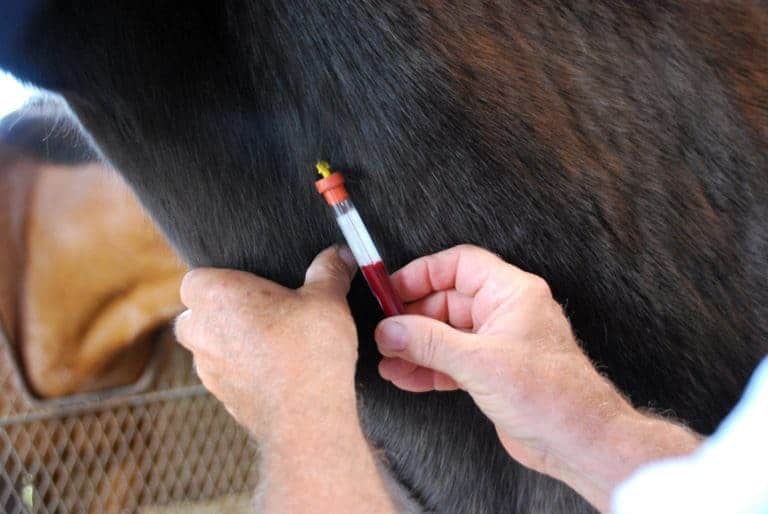Too Much, Too Soon? Just Right?
I think we have seen over and over again that it is beneficial to stress the bones of a horse when they are most adaptive. This optimal adaptive period would seem to be when the horse is still in an active growth stage. We have all seen many cases where a certain type of injury (e.g., apical sesamoid fractures in foals, coffin bone fractures in foals, etc.) can be tolerated at an early











